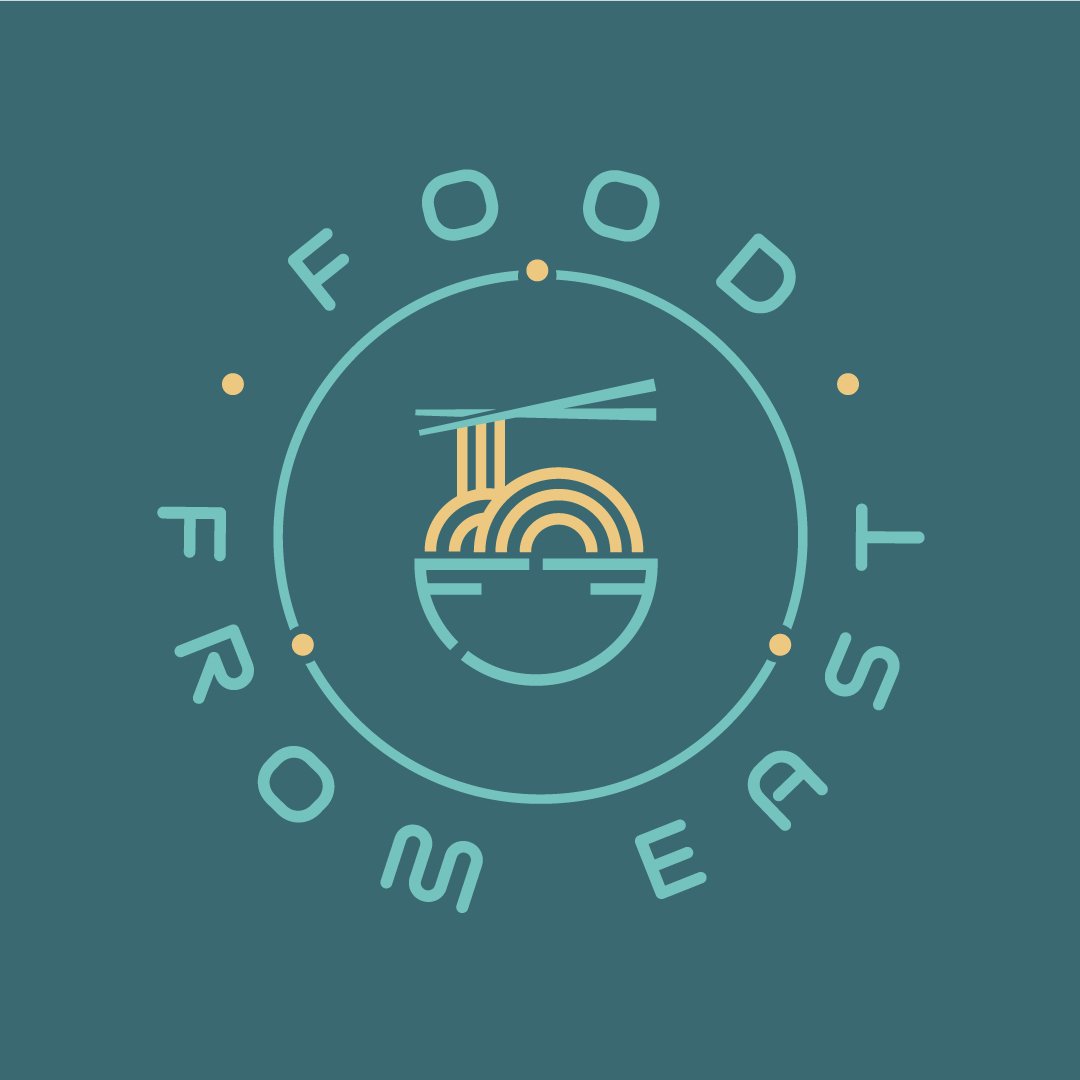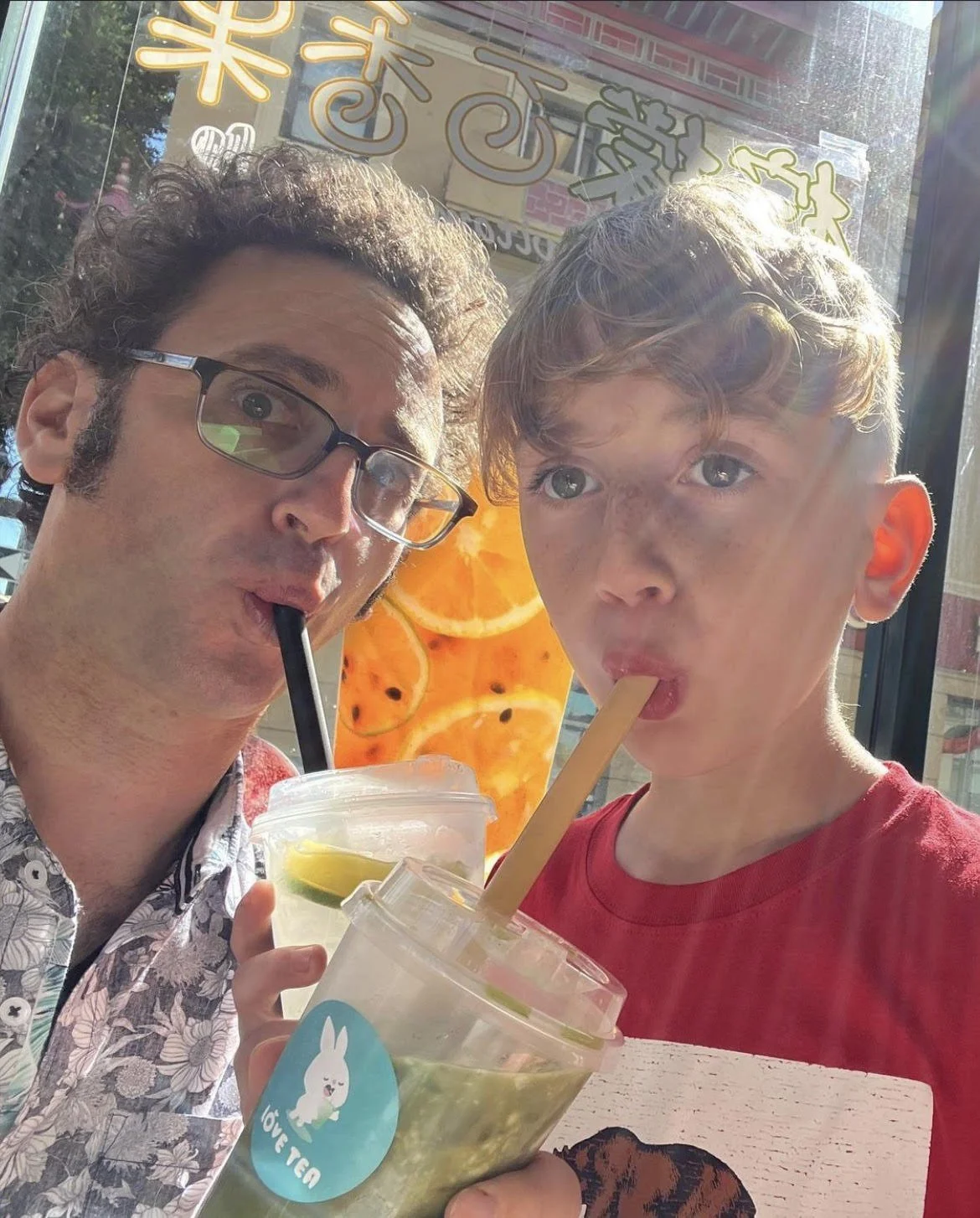Love Tea- boba tea and lime/lemon drink
Close to City Light books , famously founded in 1953 is a small, refreshing drink oasis aptly named Boba Tea. Here Laszlo ordered a lemon lime drink, which won the day while I have my often frequent new go-to drink for a hot afternoon. The matcha latte, which you may know contains a compound known as L-theanine, nicely balancing with calmness the ascending effects of the caffeine in matcha. To much of any “milk” (almond, oat, soy, cow) seems a bit decadent or ultra modern, which I tend to distrust health wise, but it doesn’t mean I don’t drink it. This is not a court - it is my body and I’ll do what I want to - and in this case that sometimes means fun.
However, I decided to look it up and this is what Eric Gower from Breakaway Matcha, who urges us all to try good quality matcha for all the potential health benefits, had to say about these milky matcha drinks that hit our pleasure centers.
“Please don't put milk in your good matcha, especially if you're drinking it for health reasons. The milk sticks to the polyphenols, which alters (not in a good way) the bioavailability (how well your body can absorb nutrients) of the matcha, and all the goodies just flush through.
There's a large body of research that concludes that polyphenols play a significant role in preventing and in reducing the progression many diseases, including diabetes, cancer, cardiovascular, and neurodegenerative diseases.
Polyphenols too play an important role by increasing the ratio of beneficial bacteria in your gut, which is important for health, weight management, and disease prevention”
…so much for fun. I’ll consider this what I am back working.
What TCM Might Say About Boba Tea (Bubble Tea)
From a TCM perspective, boba tea is a sugar-on-sugar treat with ingredients that tend to weaken the Spleen, generate Dampness, and disrupt digestion, especially when consumed frequently or in large amounts:
Cold temperature: Iced drinks weaken Spleen Yang and slow digestive fire.
Refined sugar + tapioca pearls: These create Dampness and Phlegm, which can lead to bloating, fatigue, or a "foggy" mind.
Milk tea: If dairy is involved, it can further tax the Spleen and Lungs in Damp-prone people.
Can Sweet Flavor Help Stop Pain in TCM?
Yes—sweet (in its natural form, like rice, dates, or licorice root) is considered:
Tonifying and harmonizing
Nourishes the Spleen and Stomach
Relaxes tension and moderates spasms or pain
However, Chiense culture considers broccoli partially sweet as it does a bland rice cake. Therefore the American version of sweet is more SWEEEEEEEEET from a TCM viewpoint. Basically, overjoy and overkill.
Occasional joy-sipping? Totally fine! But daily boba as a habit? TCM practitioners might give you a gentle side-eye and ask you to try some plain tea some day and see how you cope.




